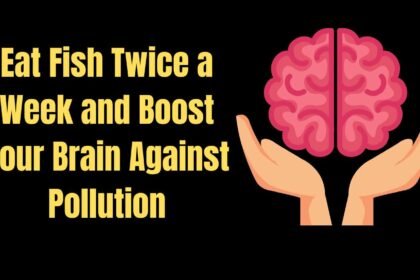When it comes to supporting bone health and preventing deficiencies, calcium is often at the top of the list.
While many people rely on supplements to meet their daily calcium needs, research suggests that food-based calcium is far more effective for the body.
Unlike pills or powders, calcium obtained from whole foods is not only absorbed more efficiently but also accompanied by other vital nutrients that promote overall health.
According to nutrition experts, the body can more easily retain and utilize calcium from natural food sources compared to supplements.
“As a society, we are so quick to jump to supplements. It’s almost like we forget that you can get nutrition from food, and many times, this being one of them, it’s actually better,” says registered dietitian Betz.
This highlights the importance of prioritizing dietary choices over quick fixes.
Dairy products, such as milk, yogurt, and cheese, remain some of the best dietary sources of calcium. They are naturally rich in the mineral and highly bioavailable, meaning the body absorbs and uses the calcium efficiently.
However, for those who prefer plant-based diets, options like fortified almond milk, kale, broccoli, and bok choy can also contribute significantly. That said, many plant-based foods contain oxalates compounds that can interfere with calcium absorption.
This doesn’t mean such foods should be avoided altogether. In fact, following a strict low-oxalate diet may deprive you of essential nutrients like potassium, magnesium, phytate, and fiber, which are linked to reducing the risk of kidney stones and supporting heart health.
Still, there are situations where calcium supplements can play a supportive role. For individuals with digestive conditions such as Crohn’s disease or those who have undergone gastric bypass surgery, the body may not absorb nutrients effectively.
These individuals also tend to absorb oxalates more easily, increasing the risk of kidney stone formation. In such cases, a calcium supplement may help by binding with oxalates in the gut, thereby lowering stone risk.
It’s clear that supplements are not inherently harmful; they simply should not be the first line of defense. For most healthy adults, food-based calcium provides a balanced and safer approach.
Whole foods not only supply calcium but also come with additional vitamins, minerals, and bioactive compounds that supplements cannot replicate.
For instance, dairy foods also provide protein and vitamin D, while leafy greens bring antioxidants and fiber to the table.
The takeaway is simple: focus on building a calcium-rich diet before turning to supplements. Incorporating dairy or fortified alternatives, leafy greens, nuts, and seeds into daily meals can ensure your body gets what it needs.
Supplements should only be considered when dietary changes are insufficient or when specific medical conditions interfere with nutrient absorption.
By choosing food first, you are not only supporting bone health but also nourishing your body with a range of nutrients that work together to promote long-term wellness.












